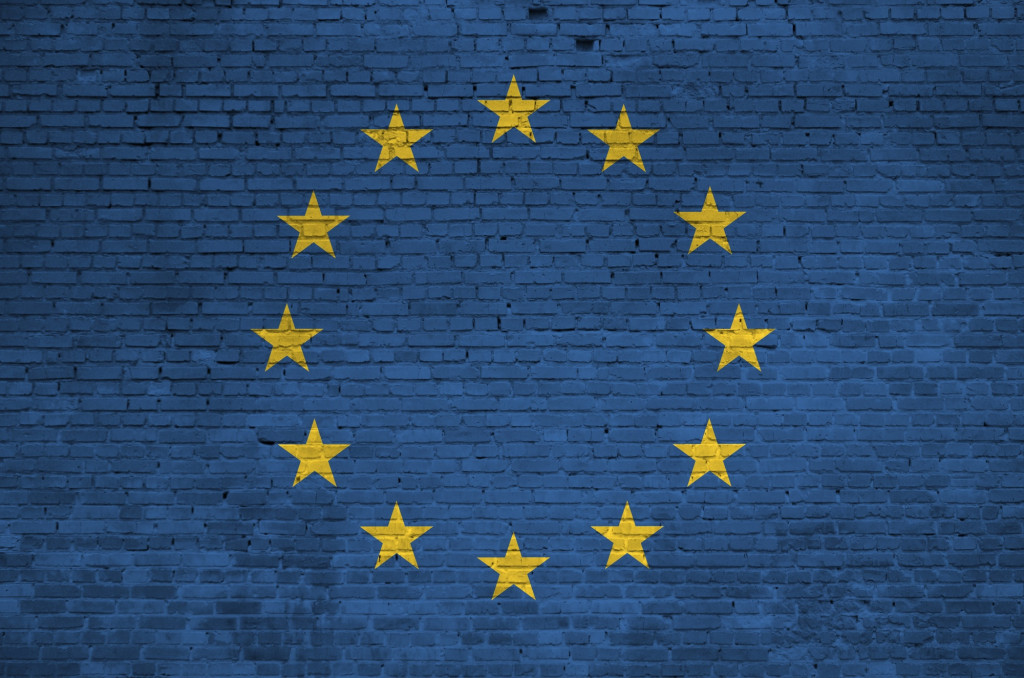EU moves to bolster digital sovereignty with new Digital Commons consortium
France, Germany, Italy and the Netherlands are founding members of the new consortium.

The European Commission has approved the creation of the Digital Commons European Digital Infrastructure Consortium (DC-EDIC), a new body tasked with advancing open and sovereign digital infrastructure across the European Union. France, Germany, the Netherlands and Italy will serve as founding members.
Open and interoperable solutions at the core
DC-EDIC is intended to help Europe reduce reliance on non-EU technologies by developing shared digital systems that are open, interoperable and compliant with EU standards. The focus will be on building a common data infrastructure, supporting cross-border public administration services and promoting collaborative digital tools for governments and businesses.
The consortium will be headquartered in Paris and will act as a central coordination point for legal, financial and technical work underpinning the initiative.
Supporting open-source development
According to the Commission, all software developed through the consortium will be made available under free and open-source licences. The aim is to promote transparency, reuse and collective innovation across public and private sectors, while ensuring data-protection compliance under the GDPR.
Planned activities and timeline
Projects will include:
-
a one-stop access point for resources and support
-
a hub for technical expertise
-
a Digital Commons Forum to bring together public, private and academic stakeholders
The consortium is expected to formally launch in December 2025. Its first State of the Digital Commons report is scheduled for 2027, providing policymakers and industry with an annual assessment of progress.
Context
The initiative builds on wider EU efforts to strengthen strategic autonomy in digital technologies, including investments in cloud services, trusted data-sharing frameworks and semiconductor capacity. Policymakers see the Digital Commons as a way to foster European-led innovation and ensure that essential digital infrastructure remains open, secure and accessible.


